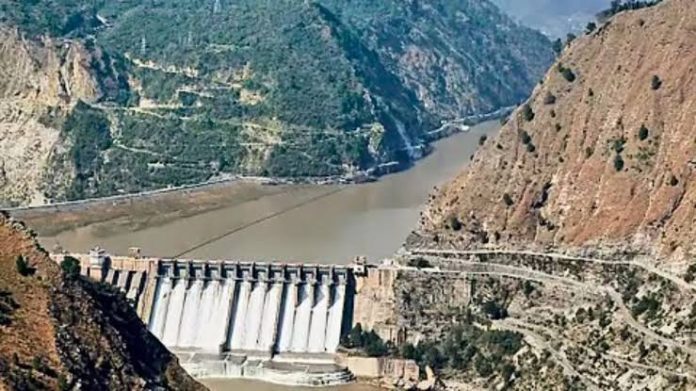India has decided to suspend the Indus Waters Treaty, which has caused serious concern about possible water shortages and flooding risks in Pakistan.
This treaty, signed many years ago, was an important agreement that helped both countries share the waters of the Indus River and its tributaries fairly. It played a key role in supporting Pakistan’s agriculture, drinking water supplies, and industries. With India’s suspension of the agreement, Pakistan now faces the threat of losing access to crucial water resources. Farmers could struggle to irrigate their crops, cities might find it harder to provide clean drinking water, and industries could experience major disruptions.
This move could also increase tensions between India and Pakistan, two nations that already have a long and complicated history. Without a clear system for sharing the rivers, the risk of disputes and misunderstandings may grow even bigger. In addition to political problems, both countries could face serious environmental challenges, including floods and droughts, if river management becomes less coordinated.
Overall, the suspension of the Indus Waters Treaty could have wide-reaching consequences for the stability, environment, and people of both India and Pakistan.


